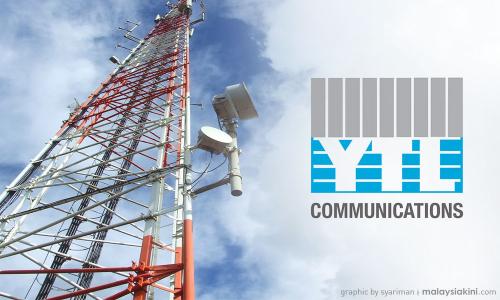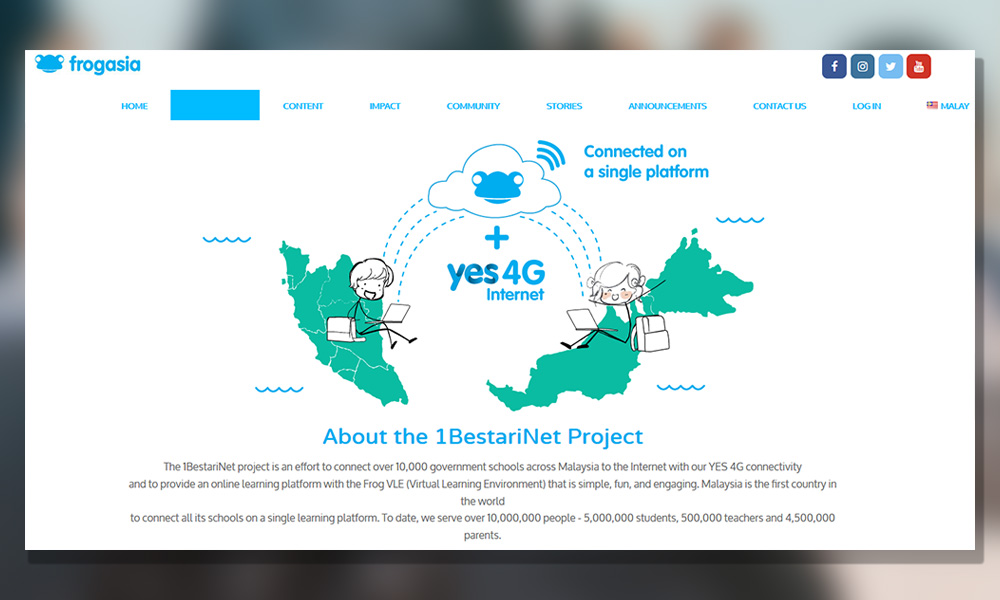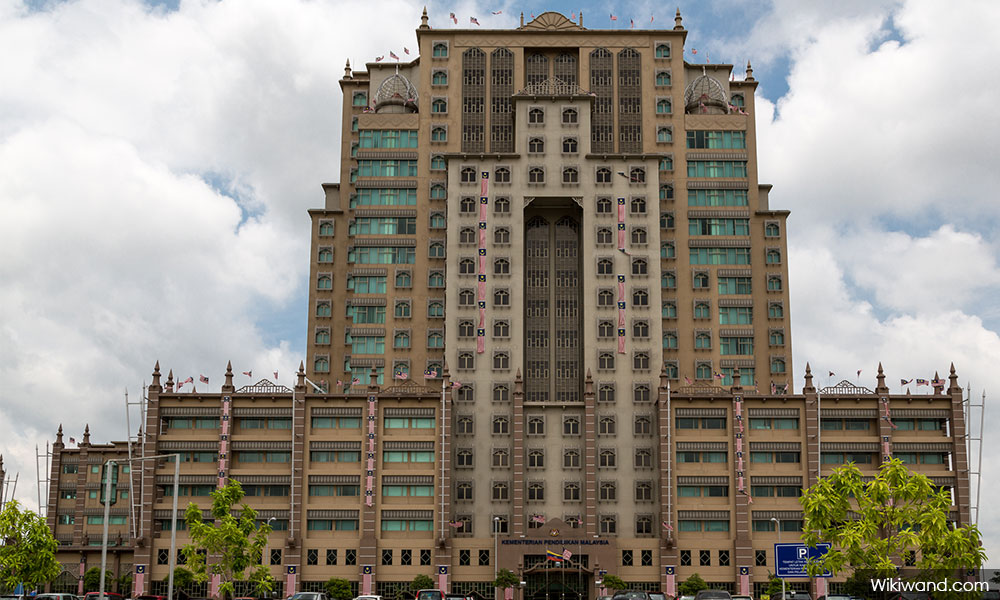YTL: Towers for 1BestariNet were not commercialised
Telecommunication towers set up for the 1BestariNet project were never commercialised, says YTL Communications Sdn Bhd.
In a statement today, the company explained that it was the sole user of the towers, which became part of its 4G network.
The towers were also a step towards Putrajaya's goal of providing broadband services under the national broadband initiative.
"We do not rent any part of the towers to other telcos. There is, therefore, no commercialisation of the towers," the company said.
YTL Communications was responding to the Education Ministry's claim that the government would lose potential revenue of RM32.58 million for the second half of this year.
This was among the ministry's list of reasons for rejecting the company's offer to run the 1BestariNet broadband and e-classroom system for the second half of 2019 for free.
The ministry had instead appointed Telekom Malaysia, Maxis and Celcom to provide broadband services, while jettisoning YTL Communication's Frog VLE virtual classroom system in favour of Google Classroom, a free service.
The company was contracted in 2012 to run the 1BestariNet programme, with the second phase being completed on June 30. The tender for Phase 3, which was supposed to commence on July 1, has been postponed.
In its point-by-point rebuttal of the allegations, YTL Communications said that the justifications offered by the Education Ministry were "baseless and clearly an afterthought."
"It does not obviate the fact that the ministry failed to comply with its obligations under the contract," it said.
The company stopped short of stating that it would take legal action against the ministry, however.
According to YTL Communications, the ministry did not participate in a joint review on performance, technology changes, basic educational needs and price.
This joint review, the company said, was contractualised for each phase of the 15-year project to be evaluated.
"This was an in-built mechanism to address any perceived areas of concern of the contract to ensure they would not be carried forward into the next phase."
All service-level agreements met
On the Education Ministry's allegations that the quality of internet services was unsatisfactory, YTL Communications also stressed that all service-level agreements had been met.
"All bandwidth specifications under the contract was determined by the ministry and not by YTL Communications.
"We have at all times provided the bandwidth specified. Our performance is measured by SLAs, all of which we have satisfied," the company said.
"Therefore, if the teachers are dissatisfied with the internet speeds, it would be because the bandwidth that the ministry specified does not satisfy the requirements of the schools.
"It is unjustified to blame YTL Communications."
The company also stressed that it was unfair to compare prices offered during Phase 2 of the project with current prices, because there was no open tender process.
Moreover, Phase 2 of the project required capital intensive fibre connection to rural areas.
"It is not justified to compare this to available infrastructure that can easily be connected.
"Over 50 percent of the 1,000 schools which were provided with dedicated fibre connections were in Sabah and Sarawak," it said.
RM12.50 / month
- Unlimited access to award-winning journalism
- Comment and share your opinions on all our articles
- Gift interesting stories to your friends
- Tax deductable


